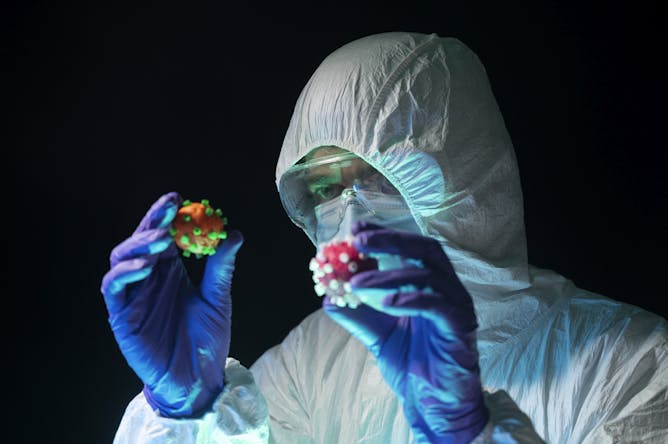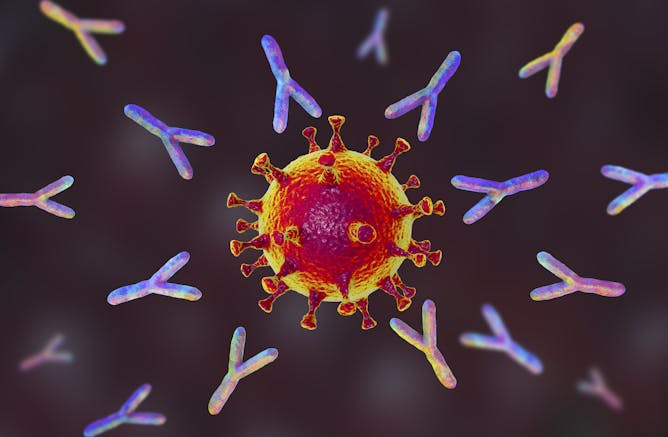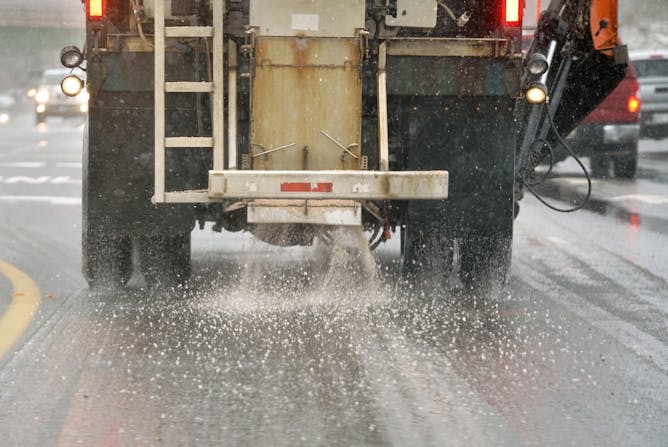|
Like so many other people, I’ve been following the flood of news around the coronavirus variants and the development of vaccines. Even as this information spills out, it’s worth understanding the basic scientific principles underlying viral mutations. That’s why we asked virologist Richard Kuhn of Purdue University, who studies RNA viruses like the coronavirus, to explain the relevant science. He’s reassuring regarding current vaccine effectiveness but also recaps the key questions researchers are still racing to figure out.
In Massachusetts, where I live, the rapid rollout of the vaccine has been hampered by a fragmented health delivery system, typical of many states in the U.S. This raises the prospect that people may not get the second dose of currently available vaccines in the recommended window of time. We asked physician-scientist Bill Petri of the University of Virginia to address how worried people should be. His answer? The latest science suggests that up to 42 days between the first and second dose is OK.
The rest of this week’s science and research news covers a materials scientist’s nature-inspired work on planet-friendly de-icing salts, progress on a universal flu vaccine and evidence that withdrawal from marijuana, while not too bad, is real.
Respond to this email with your thoughts on what science topics you’d like The Conversation to cover.
|

The SARS-CoV-2 virus is mutating.
Aitor Diago/Moment via Getty Images
Richard Kuhn, Purdue University
The virus is evolving and new strains are more transmissible. Will the vaccines work against these new variants? How can researchers stay ahead of the virus's evolution?
|

After a second dose of the COVID-19 mRNA vaccine, a swarm of antibodies attacks the virus.
Kateryna Kon/Science Photo Library via Getty Images
William Petri, University of Virginia
With slow vaccine distribution and manufacturing, some people won't get the second dose on time. But does it matter?
|

Deicing salts keep winter roads passable but do a lot of harm in the process.
Gregory Rec/Portland Portland Press Herald via Getty Images
Monika Bleszynski, University of Denver
De-icing salts help us get around in winter, but they corrode cars, crack roads and contaminate rivers and lakes. Scientists are working to develop better options by imitating natural antifreezes.
|